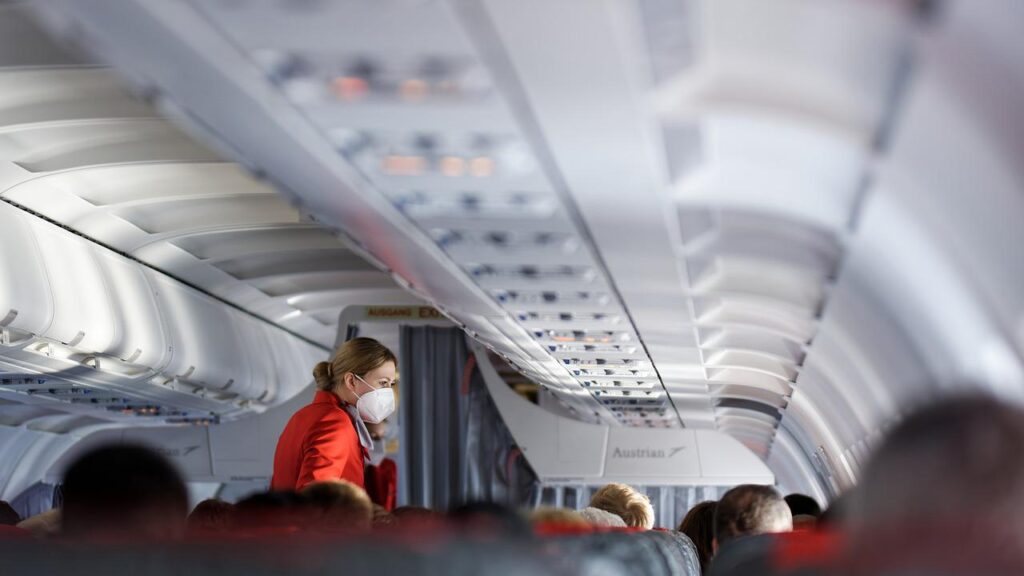Why Commercial Airplane Cabins Are Dirtier Than Ever
Staffing shortages, easing pandemic restrictions, and an uptick in travel have given way to a rise in dirty airplane cabins.
This article is more than 2 years old
Ever since the travel industry began to rebound, things have not been easy for airlines. Industry-wide staffing shortages gave rise to numerous operational hiccups including rampant flight cancellations and incidents of lost baggage. In fact, one luggage mishap was so massive that Delta elected to fly a plane filled with only baggage from Europe to the United States so that the items could be reunited with their proper owners. The overarching issues combined with immense surges in travel just made matters even worse. However, even though the travel industry’s woes have started to ease slightly, its troubles seem far from over. Recently, many travelers have taken to social media to voice their grievances about how dirty airplane cabins are.
From Facebook and Instagram to TikTok and Twitter, according to the New York Times, there has been no shortage of videos exposing dirty airplane cabins. There have been posts of crushed food scattered along aisles and garbage left behind by previous passengers. One video depicting a particular filthy plane surfaced on Facebook. In the recording, a passenger riding aboard a Qantas airplane can be seen tapping the seat next to them. When they do this a cloud of white mystery particles puff off of the seat and dissipate into the surrounding air. You can watch the video here.
Reports of these dirty airport cabins come as somewhat of a surprise. Given the fact that a global pandemic necessitated airlines to adhere to heightened sanitation procedures. It almost seems as though since pandemic-related regulations eased so too have the efforts to keep things clean. Although, in Qantas’ case, the airline has asserted that they are still committed to stringent cleaning policies, stating that their planes are subject to “a deep cleaning on a regular basis.” However, other airlines have admitted that they have relaxed their cleaning regimens. Jet Blue, for instance, confirmed that they stopped having all their planes professionally cleaned, the New York Times pointed out.

Furthermore, while the airlines and their staff do possess some culpability in the rise of dirty airplane cabins, the blame can’t be entirely put on their shoulders. Nicole D. Lawson, a New Jersey-based flight attendant told the New York Times that “Flight attendants are not maids.” Lawson pointed out that passengers have a responsibility to clean up after themselves, too. It’s a common courtesy to pick up your own waste and dispose of it in a trash bin.
Additionally, some commenters on social media pointed out that flight attendants have very little time between flights to get the plane cleaned up. Hence, when individuals make careless messes or intentionally leave behind their trash it causes the flight attendants to become overwhelmed with more cleaning than they can handle/realistically accomplish between one flight to the next. This, in turn, leads to more dirty airplane cabins.
Lastly, despite travel easing up a bit due to the start of the school year, most airlines still remain very understaffed. Because of the shortages, any extra duties aren’t as easily addressed. And honestly, it’s likely many of the staff are exceedingly burned out and lack the energy to clean up after folks who did not clean up for themselves. Thus the cycle of dirty airplane cabins continues, at least for now.








